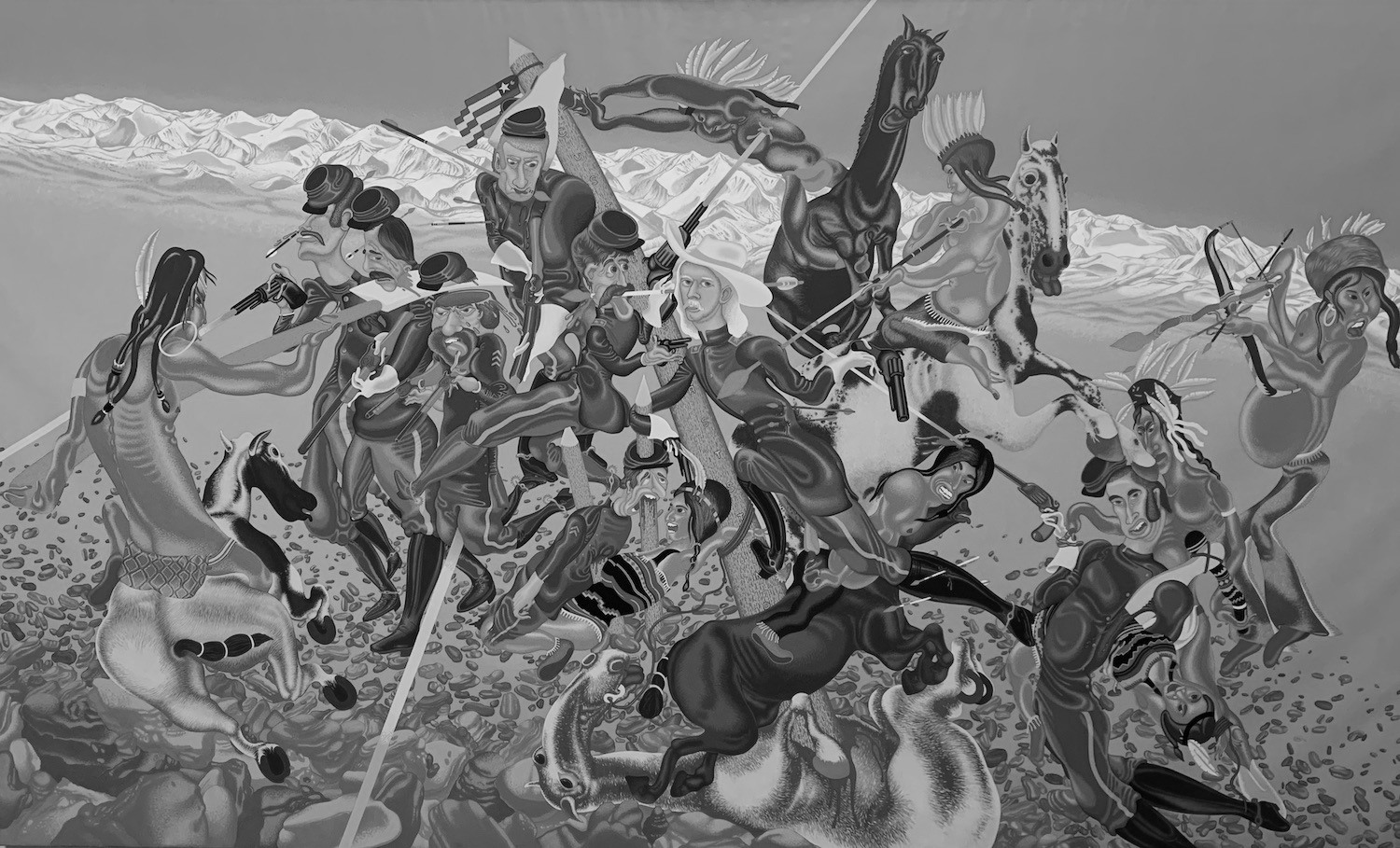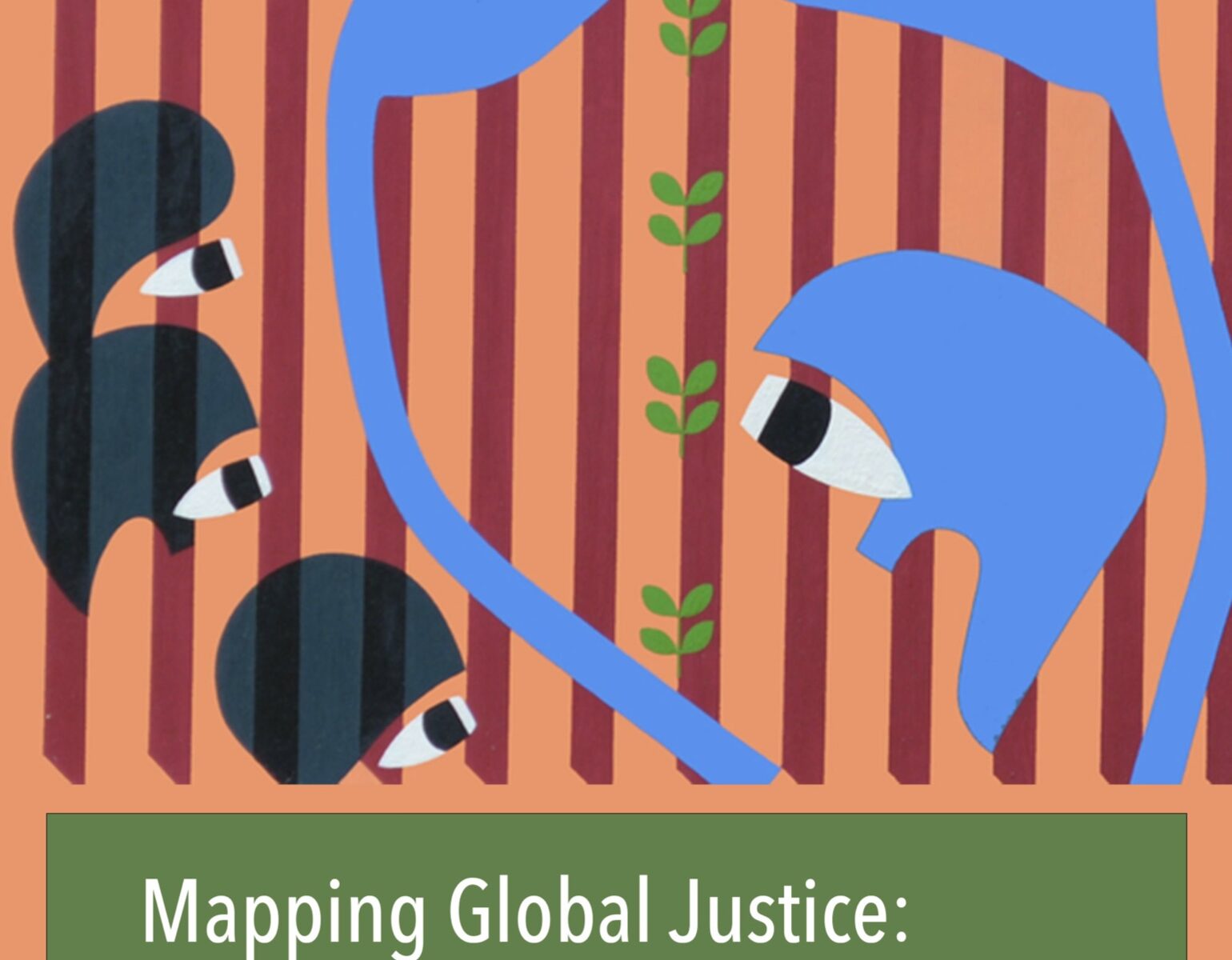Mapping Global Justice: Perspectives, Cases and Practice
Against the backdrop of a broad theoretical and empirical foundation of the concept of global justice, this project aims at bridging the gap between theory and practice. It reaches this goal by offering a panoply of case studies. It also offers an in-depth discussion of practical challenges. We provide a theoretical overview of the ideas associated with global justice. We do so to redefine the contours of the conceptual framework — which tend to focus on philosophical and distributive perspectives. Furthermore, we add a praxis-oriented approach to the canon of theory-embedded work available at present.
The emphasis on global justice practice is crucial. Reason being, it grounds fundamental philosophical debates in contemporary sociopolitical, -economic, and -cultural issues that require policy-focused responses. Persisting international conflicts, increasing inequality in many regions or the world, and acute environmental and climate-related threats to humanity call for a better understanding of the processes, actors and tools available to face the challenges.
Connecting these critical aspects to larger moral and ethical debates constitutes thus a sine qua non to harness our students, global leaders of tomorrow, with a roadmap on how to think about large, abstract ideas and apply them directly to a specific context. Rather than providing a required blueprint for the practice of global justice, our book problematizes the efforts to cope with many of the related issues. Our pedagogical approach is designed to map the difficulties that exist between theory and praxis and fuel critical debates to help seek alternative solutions.
Watch Wilson Center NOW interviews on:
- Forced African Migration to the U.S. Through the Lens of Memory Studies
- “LGBT Rights in the Post-Arab Spring Middle East”
- “Tunisian National Dialogue Quartet Wins Nobel Peace Prize”
- “From War to Peace: In Search of Transitional Justice.”


